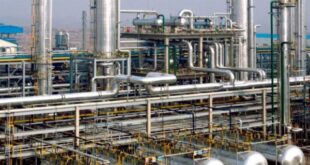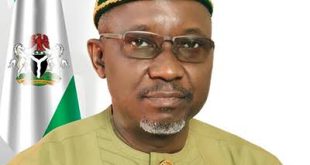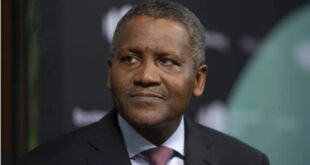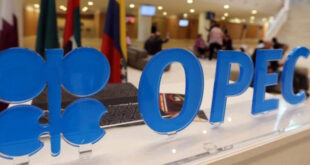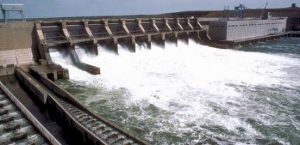 The General Electric is planning to install hydroelectric plants that will generate additional two gigawatts of electricity in the country by 2030 in view the the nation’s growing power demands.
The General Electric is planning to install hydroelectric plants that will generate additional two gigawatts of electricity in the country by 2030 in view the the nation’s growing power demands.
This is part of 29GW hydropower expansion projects to be executed by the American multinational corporation in four African countries in the next 13 years.
The President and Chief Executive Officer, Hydro, GE Renewable Energy, Yves Rannou, gave this indication in the corporation’s latest report, ahead of the 2017 World Hydropower Congress.
He said that presently, the firm had about 18 GW hydro installed base in Africa, adding that Angola, Mozambique, Morocco and Ethiopia would benefit from its expansion plans in the next 13 years.

He explained that if Africa would expand into renewable energy, its effort should be supported by robust infrastructure.
Rannou said, “Several African countries have made commitments to support the global energy transition to renewable energy and hydropower is absolutely required to meet those needs. Our participation in supplying fast and sustainable access to energy for Africa is one of the GE’s top priorities. Renewable is an energy industry of the future for Africa and that future starts now.
“In 2016, more than 3GW of hydropower capacity was put into operation with plans to grow its installed base in the years to come. There are also plans for an additional 7GW in Angola; +2GW in Mozambique and Nigeria; +2GW in Morocco; and +18GW in Ethiopia by 2030.”
He noted that Africa was one of the most economically dynamic continents, with only three per cent of the huge hydro capacity being utilised.
According to him, the future of sustainable access to energy by African countries depends on hydro, wind and solar.
While highlighting other benefits of hydroelectric power, he said it would control flood, encourage irrigation and water supply for agriculture and land planning.
Rannou added, “It develops industry; it improves access to healthcare; it helps support education and high quality jobs.
“It has returned to the forefront now because everyone realises how hydropower contributes to grid stability, thanks to its flexibility and scale of production. It also enables the expansion of wind and solar, and is a key player in the overall energy mix.”
The GE, whose business focuses on oil and gas, power, water supply, aviation, health care, transportation and capital, has also proposed to invest in Nigeria’s three refineries located in Port Harcourt, Warri and Kaduna, and selected power projects earlier this year.
 MMS PLUS NG – Maritime, Aviation, Business, Oil and Gas News Online Newspaper with coverage in Maritime, Oil and Gas, Aviation, Power and Energy as well as Financial News
MMS PLUS NG – Maritime, Aviation, Business, Oil and Gas News Online Newspaper with coverage in Maritime, Oil and Gas, Aviation, Power and Energy as well as Financial News



